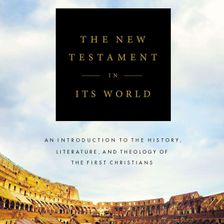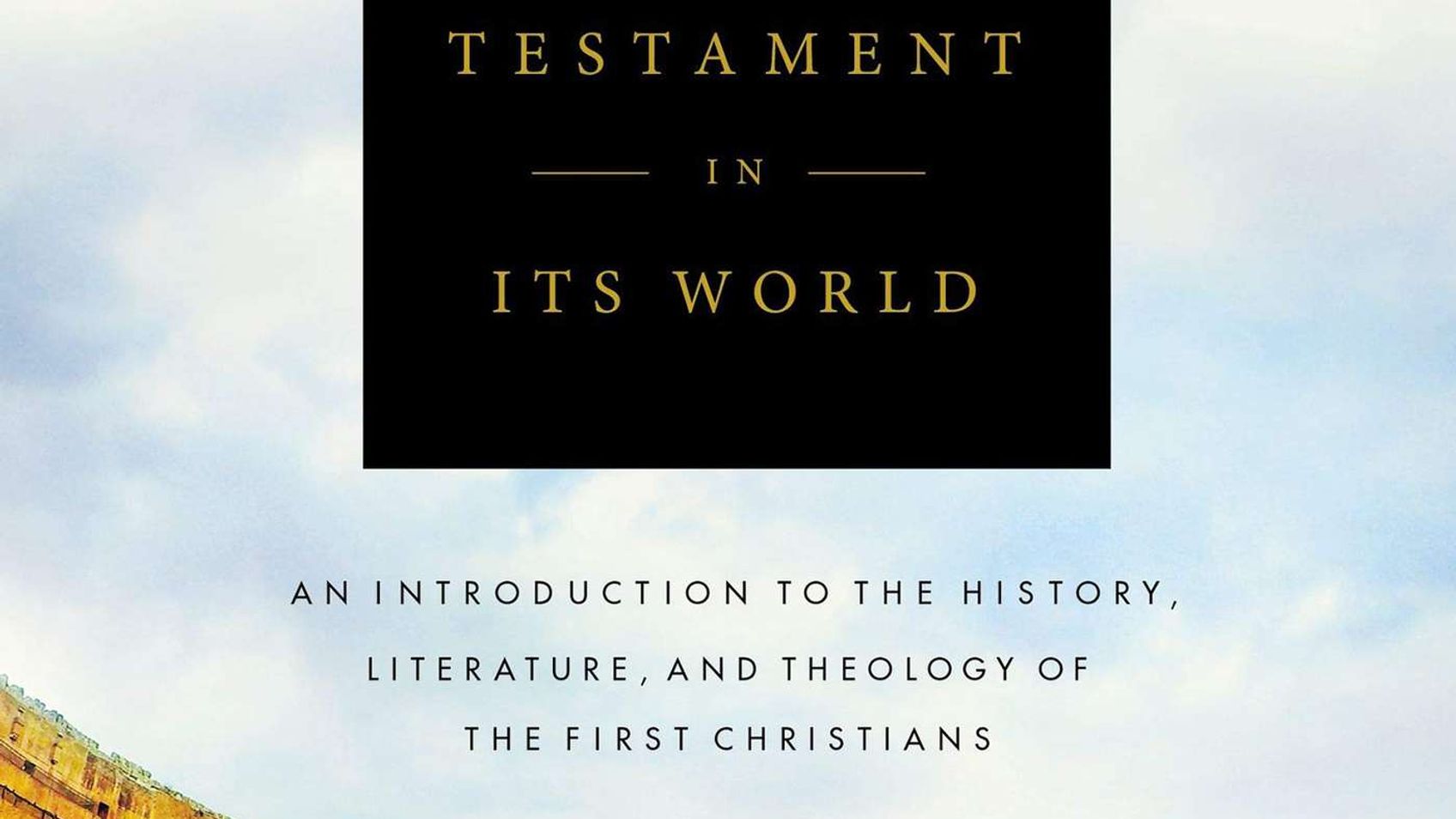Where did the Gospels come from?

Welcome to the fourth in a six-part series delving into the benchmark book The New Testament In Its World.
Co-author Michael Bird takes us through the text he wrote with N.T. Wright, this episode focusing on how the Gospels came together. The piecing together of the four biographies of Jesus' life has been a puzzle that has tested historians for centuries. Mike teases apart the layers of contribution to show us not only the sources we didn't suspect but the reliability of the works as a whole.
On the chopping block are important questions like,
* Mark's Gospel is the earliest in the Bible - but is it the earliest Gospel?
* What part did the 'Jesus tradition' play in the Gospels coming together?
* Why does John's Gospel stand apart as an account of Jesus' life?
You can buy a copy of The New Testament In Its World here.
If you're following along with The New Testament In Its World, this episode covers key issues in Part VI: The Gospels and the Story of God:
1. The Gospel according to Mark
2. The Gospel according to Matthew
3. The Gospel according to Luke and the Acts of the Apostles
4. The Gospel according to John
5. The Making of the Gospels
More From Delving Into The New Testament In Its World





More on OpenTheo















